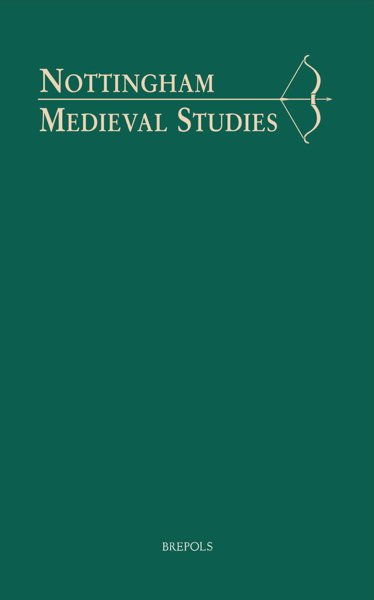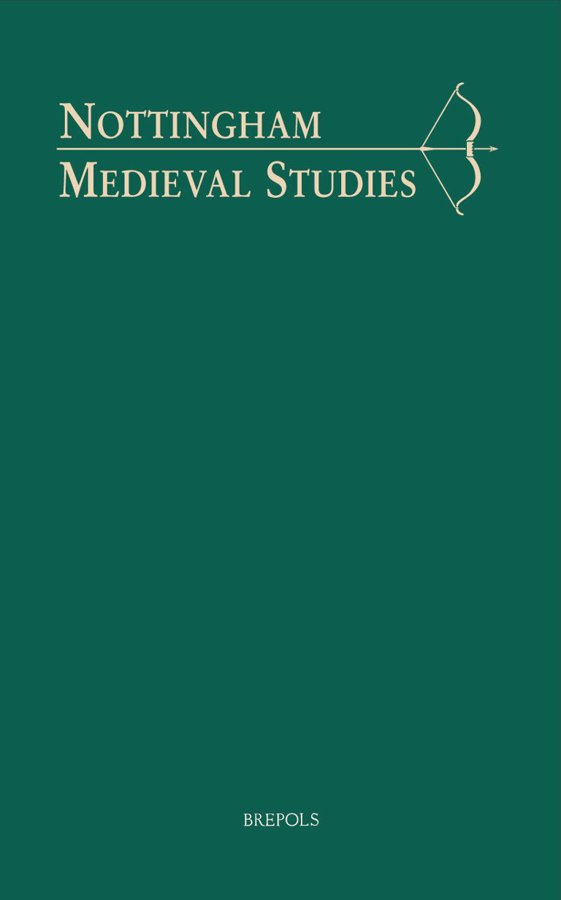
Nottingham Medieval Studies 64 (2020)
Special Issue: Female Voices in Medieval European Literatures, edited by Jutta Eming, Caitlin Flynn, and Antonia Murath
- Pages: 291 p.
- Size:156 x 234 mm
- Language(s):English
- Publication Year:2022
- € 65,00 EXCL. VAT RETAIL PRICE
- ISBN: 978-2-503-58749-3
- Hardback
- Available
- E-journal
- Available
Preface
Gendering Voice: (Re-)constructing Female Voices in Medieval Literature — CAITLIN FLYNN and ANTONIA MURATH
Reflections on the Posthumous French and Latin Voices of Scotland’s Royal Women: Margaret Stewart (d. 1445) and Madeleine of Valois (d. 1537) — EMILY WINGFIELD
Hir Purpose by hir visage dissymuland’: Dido and Cresseid in Scottish Voice — NICOLA ROYAN
Dreaming of (Self-)Annihilation: Gendered Temporalities in Gavin Douglas’s Palyce of Honour — MARGITTA ROUSE
Silencing a Woman’s Accusation of Attempted Rape in Johannes de Alta Silva’s Dolopathos — BETTINA BILDHAUER
When Flata Speaks: Body-Horror, Voice, and the Maternal in Heinrich von Neustadt’s Apollonius — ANTONIA MURATH
Virginity, Voice, and Murder. The Motif of the Substituted Bride in Gottfried von Straßburg’s Tristan and Heinrich Kaufringer’s Die unschuldige Mörderin — LEA BRAUN
‘Minne, herre, waz ist das?’: Consequens, Courtliness, and Consent in Das Häslein — CAITLIN FLYNN
Silence, Agency, and a Woman’s Need to Speak Her Mind in Different Versions of the Gregorius Narrative — ASTRID LEMBKE
***
Reviews




